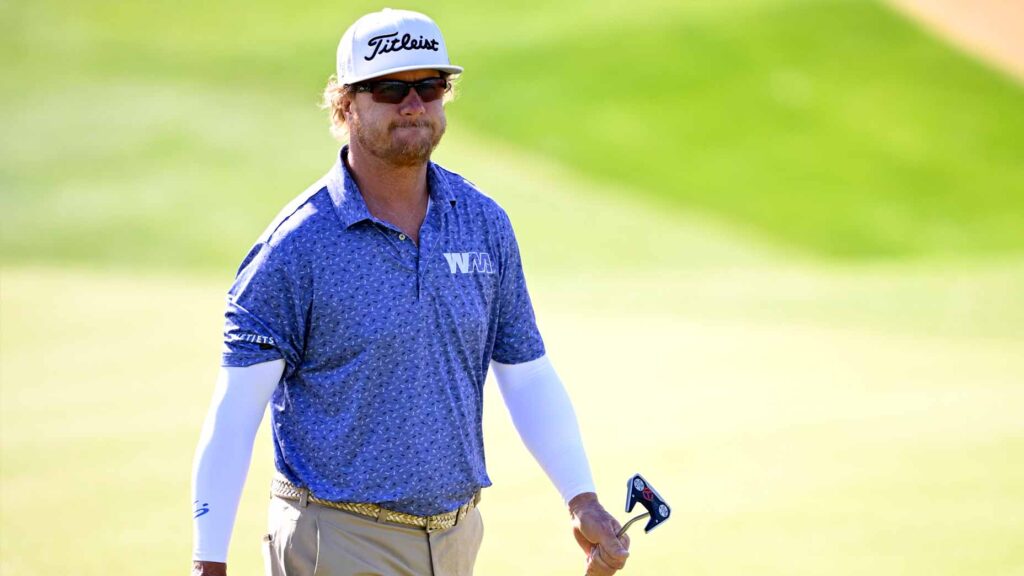Charley Hoffman, a PGA Tour player, recently sent a letter to PGA Tour members addressing various issues within the organization. In the letter, Hoffman criticized slow-play issues, the Aon Swing 5 pathway into Signature Events, and top players’ scheduling choices. He emphasized the importance of supporting PGA Tour events and the need for top players to participate in more tournaments to strengthen the Tour. Hoffman’s letter didn’t mention any specific players, but it indirectly alluded to those who participate in non-PGA Tour events like TGL and the Race to Dubai. Despite receiving positive feedback, Hoffman has not heard from the PGA Tour’s star players regarding his letter.
During an appearance on Golf Channel, Hoffman reiterated the importance of supporting PGA Tour events and playing as many tournaments as possible. He acknowledged the need for increased competition, storylines, and player participation to enhance the Tour’s overall quality. Rory McIlroy, one of the top players who participates in non-PGA Tour events, responded to Hoffman’s letter by stating that players should prioritize their individual careers while also contributing to the Tour’s success. McIlroy’s recent participation in TGL and the AT&T Pebble Beach Pro-Am sparked discussions about the balance between personal career goals and Tour support.
Hoffman’s sixth-place finish in the Aon Swing 5 prevented him from competing in the AT&T Pebble Beach Pro-Am, highlighting the competitive nature of PGA Tour events. He is set to compete in the upcoming WM Phoenix Open, where a strong finish could secure him a spot in the Aon Swing 5 for the Genesis Invitational. The ongoing debate surrounding player commitments to PGA Tour events versus non-Tour competitions underscores the importance of balancing individual career aspirations with supporting the Tour’s growth and success. Players like McIlroy face decisions regarding tournament participation that impact their competitive schedules and overall contributions to the Tour.
Josh Schrock, a Golf.com Editor, provided insights into Hoffman’s letter and the ensuing discussions within the PGA Tour community. His coverage of the issues raised by Hoffman sheds light on the complexities of player commitments, scheduling choices, and the overall competitiveness of PGA Tour events. Schrock’s background in sports reporting and passion for golf add depth to his analysis of the ongoing debates surrounding player responsibilities and Tour support. As players navigate the delicate balance between personal career goals and Tour commitments, Schrock’s reporting captures the essence of the evolving dynamics within the PGA Tour landscape.


